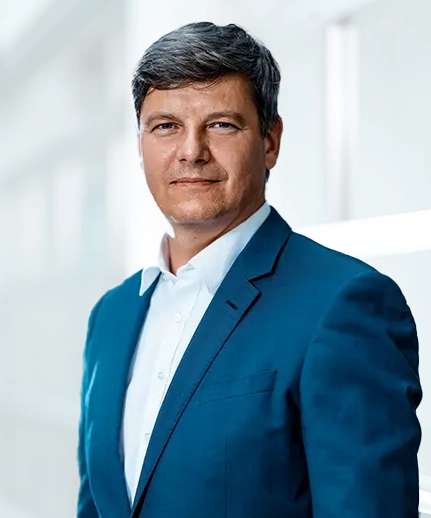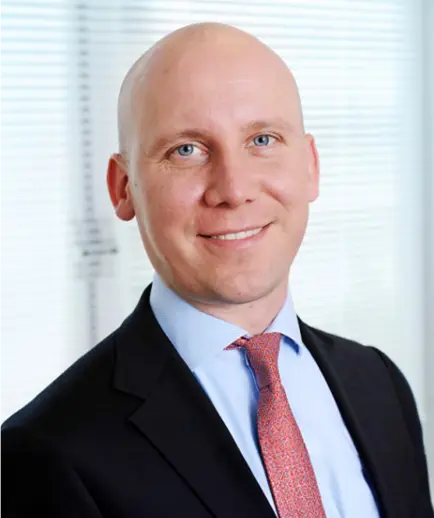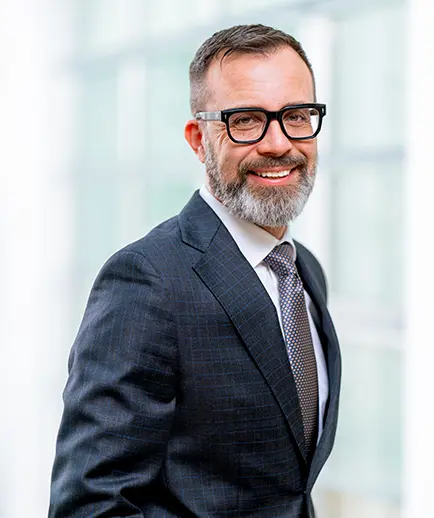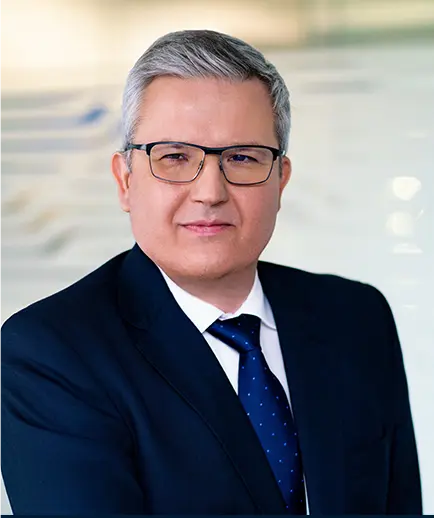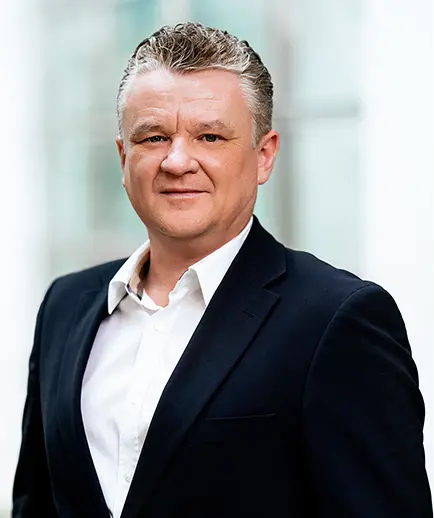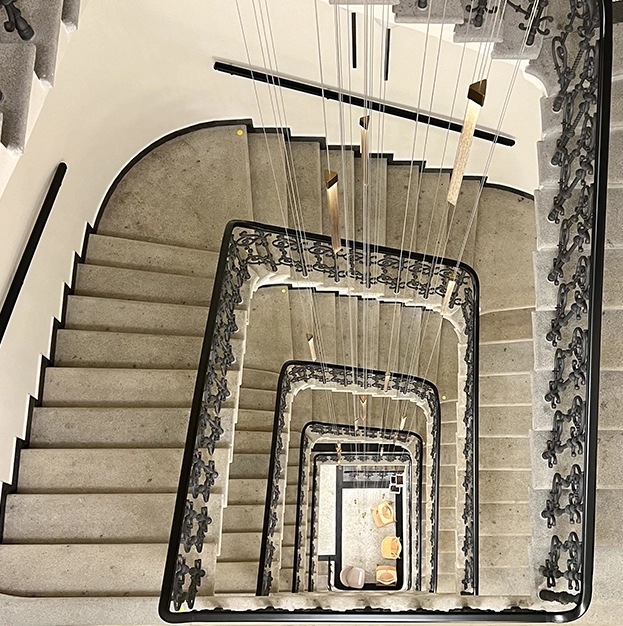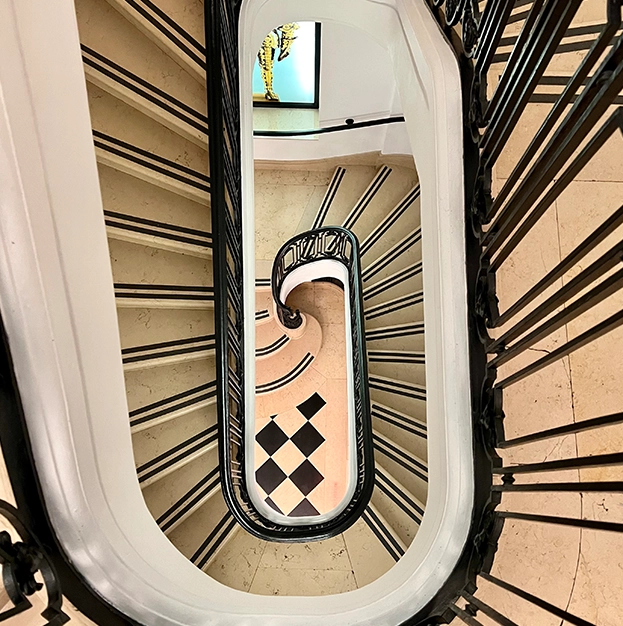26th April 2023 ARETE Group’s third fund has completed the acquisition of a modern industrial hall near Milovice in the Central Bohemia Region
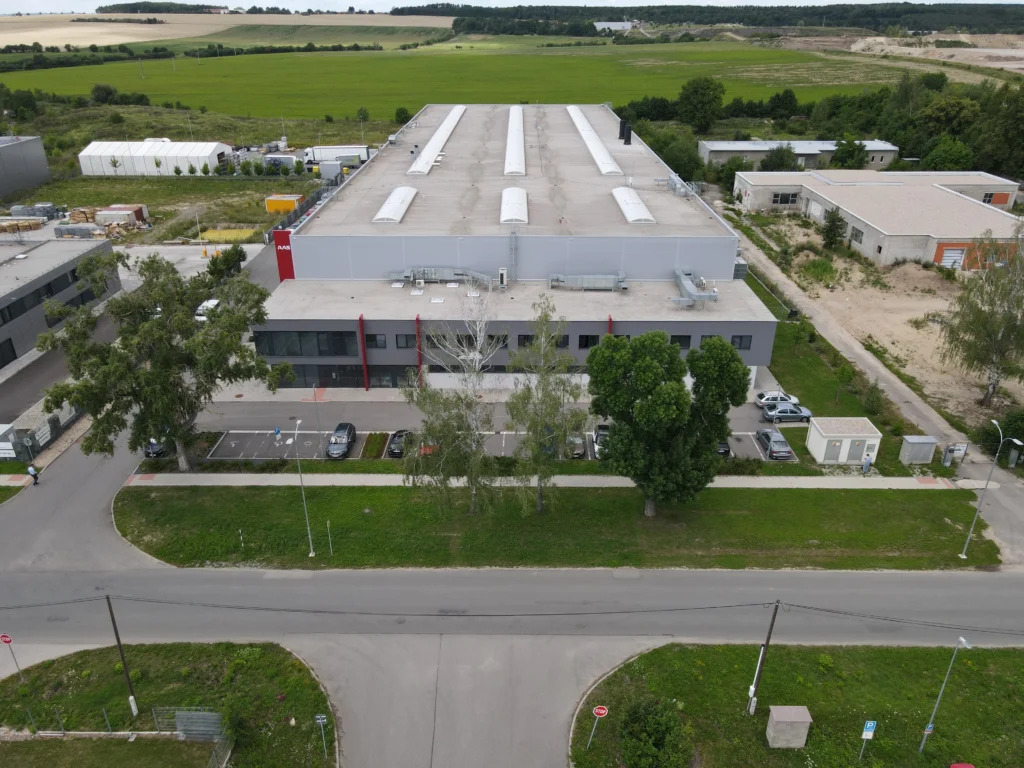
ARETE Group’s third fund has completed the acquisition of a modern industrial hall near Milovice in the Central Bohemia Region. A multimillion-euro transaction will help to further develop the portfolio of ARETE INDUSTIRAL fund. The long-term tenant will be AAS Automotive s.r.o., which is part of the strong international company Decotek Automotive, a company specializing in the production of longitudinal and transverse car roof racks. The company’s customers include the leading local and German OEM customers, among others. The firm is owned by Irish company Decotek Group, which sees it as a key player in the automotive manufacturing sector in the Central European market. The purchased industrial hall has an area of more than eight thousand square meters. The mentioned complex of production, storage, and office space boasts the latest technical specifications. At the same time, the complex has room for further expansion over an area of several thousand square meters. „We are delighted that we have been able to complete the transaction. I would like to highlight the strategic location of the hall. It is close to the D10 and D11 highways and close to the Prague Ring Road. Milovice is within driving distance of Prague, Mladá Boleslav, Liberec, and Dresden, which makes it an ideal location for the automotive industry. In addition, the demand for industrial real estate in this area is significantly higher than the supply. A reputable premium tenant also played a significant role in the acquisition. We signed a long-term lease with AAS Automotive, which is guaranteed by Decotek. Decotek has ambitious plans within the region and its customers include the most prestigious automobile brands in the world. We look forward to working together,” said Robert Ides, co-founder of ARETE Group, on the transaction. „For Decotek Automotive, this is a strategic project that will be one of the most important in the Central European region. As an Irish company originally, we have the ambition to expand into new markets in the CEE region. Specialising in automotive exterior trim, DECOTEK’s acquisition of AAS will broaden our product and service offering to our Customers in Eastern Europe including localized full-service support. Consistent with our market leading sustainability goals, this localised manufacturing will minimise logistics and CO2 impact for our customers in this region. We are pleased that a fund from the ARETE group will be the owner of the industrial park in Milovice. We would like to appreciate the high expertise and professionalism of the entire team during the negotiations and look forward to future cooperation,” said Tom Hyland, Managing Director from Decotek Automotive.
Warehouses are about to (r)evolve – robotics and automation will bring higher value-added jobs and free up human capital
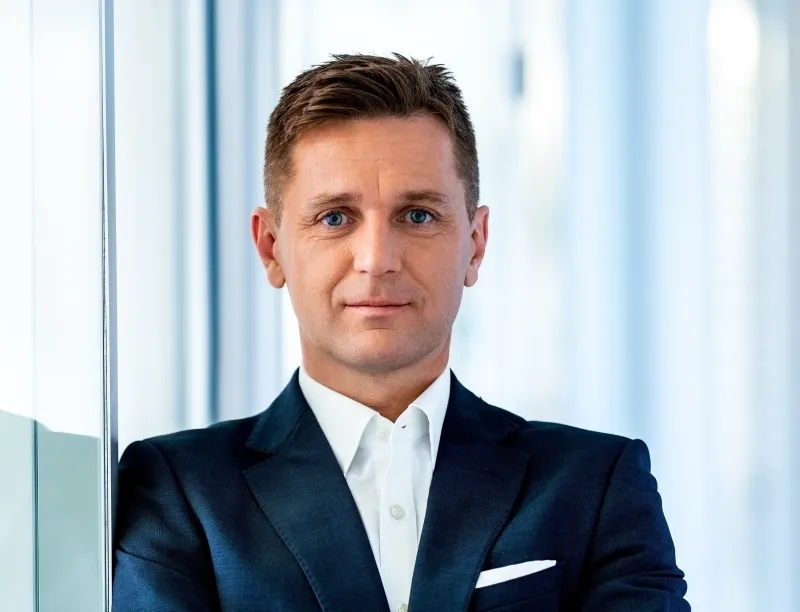
The industrial real estate segment is the driving force in the field of robotics, automatization, and the use of AI. These technological trends of the future can significantly increase the efficiency and productivity of work, as well as the speed and accuracy of processes. “At the same time, investments in robotics and automation create jobs with higher added value, which are constantly in short supply even in developed economies such as the Czech Republic and Slovakia. Thanks to modern technologies, areas with an industrial tradition can solve the problems of young people leaving the regions. However, it is essential to timely capture these technological trends in the areas of e-commerce, manufacturing, and logistics and invest the necessary resources in them,” explains our colleague and ARETE CIO Miroslav Barnas in the text for Wealth Magazín. Nowadays, it is no longer universally true that investments in advanced technologies are too expensive, and therefore a company cannot afford them. Instead, we can talk about a situation where, in the case of a well-prepared and well-implemented project, its return is not in the order of high units of years, but rather in the optimal case of several dozen months. More in the text https://lnkd.in/eZhw6yHS.
Time has proven the stability of investments in industrial real estate
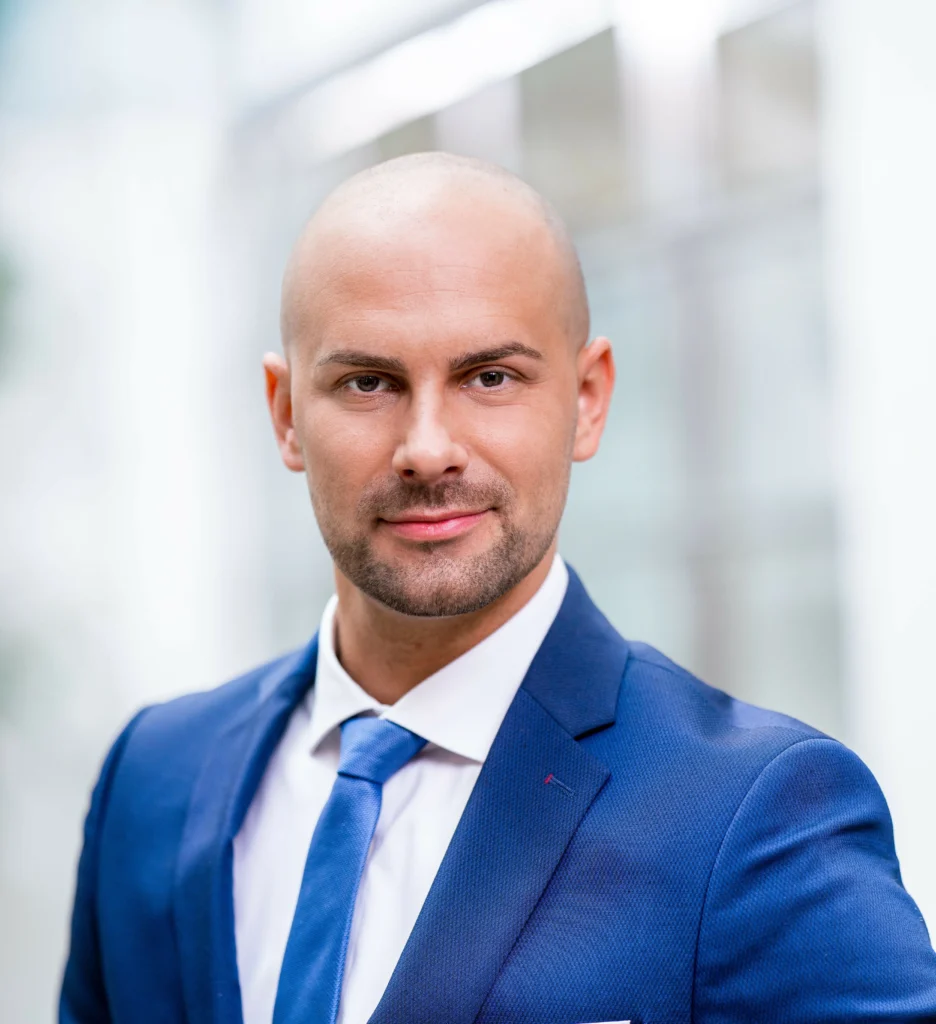
The challenging year of 2022, when bonds or stocks suffered record losses, was, on the contrary, a very positive period for industrial real estate. We are pleased that ARETE decided to invest in this real estate market segment several years ago. In an interview with TREND.sk, our colleague Igor Šnirc explains what led us to invest in this segment, what the current market situation is, and also what investors can expect in the near future. “We believed that there was great potential in this real estate market segment and that demand in the Central European region would need to be satisfied in the coming years. Our assumptions are being fulfilled so far. The rise of e-commerce as the world’s largest market, the inclusion of logistics properties in critical state infrastructure, record construction, and the relative resilience of this segment during times of worsening economic and geopolitical conditions have shown us that we have taken the right path,” describes Igor. https://lnkd.in/ehi7Jv5z
The land is not deteriorating and the industrial business is progressing today
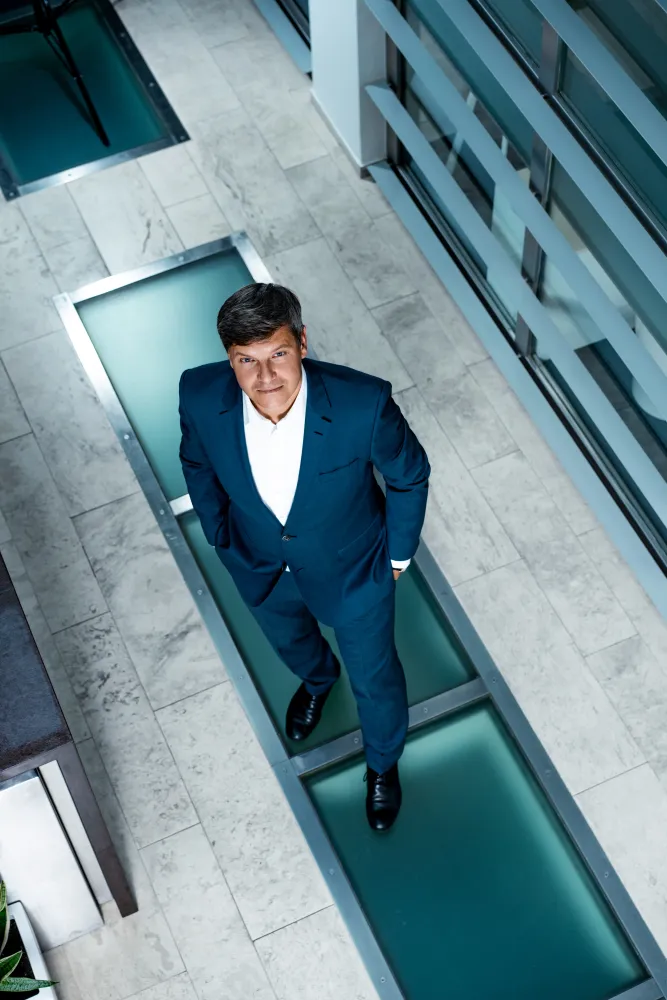
The return of industry to Europe, together with the building of logistics and manufacturing real estate, is bringing skilled jobs back to the less developed regions. It is also a segment of the real estate market that is driving technological innovation and sustainable construction. “Today, industrial parks are full of modern technology, research centers, and offices, which in many cases also revitalize old brownfields. And if we are already building on greenfield sites, we try to follow ESG principles. Of course, sustainability and energy self-sufficiency of our business is important to us,” says Lubor Svoboda, co-founder of ARETE, in an interview with TREND.sk. We have unlocked the full interview from the series, of which we were an expert partner, for you to read. https://lnkd.in/gru_rPty
Is the real estate market facing really tough times? And can some segments of it resist?
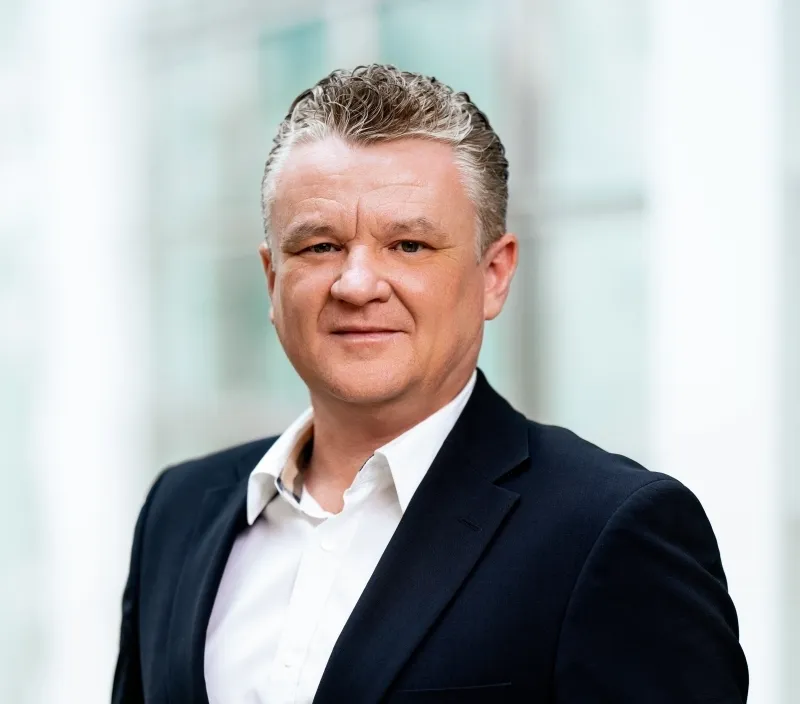
The only segment of the real estate market that managed to withstand the combination of higher interest rates, inflation, and high energy prices last year, was industrial real estate. “At the same time, to assume this segment is immune would be naive. Increased construction cost, yield shifts due to inflaction-driven rental rates and long-term high land prices brings significant challenges to underwriting and risk mitigation. Tenants in dire need of manufacturing or warehouse space are confronted with the market reality of higher rents. However, as this is an essential part of their business, they are trying to find savings elsewhere, for now” explains ARETE co-founder Robert Ides in a text for Wealth Magazín. The low vacancy rates within this segment, record construction volume, and ongoing demand, have so far made logistics and light construction assets the most resilient within all RE asset class allocations. https://lnkd.in/gCsEBnkq
The return of industry to Europe represents an important opportunity for less developed regions
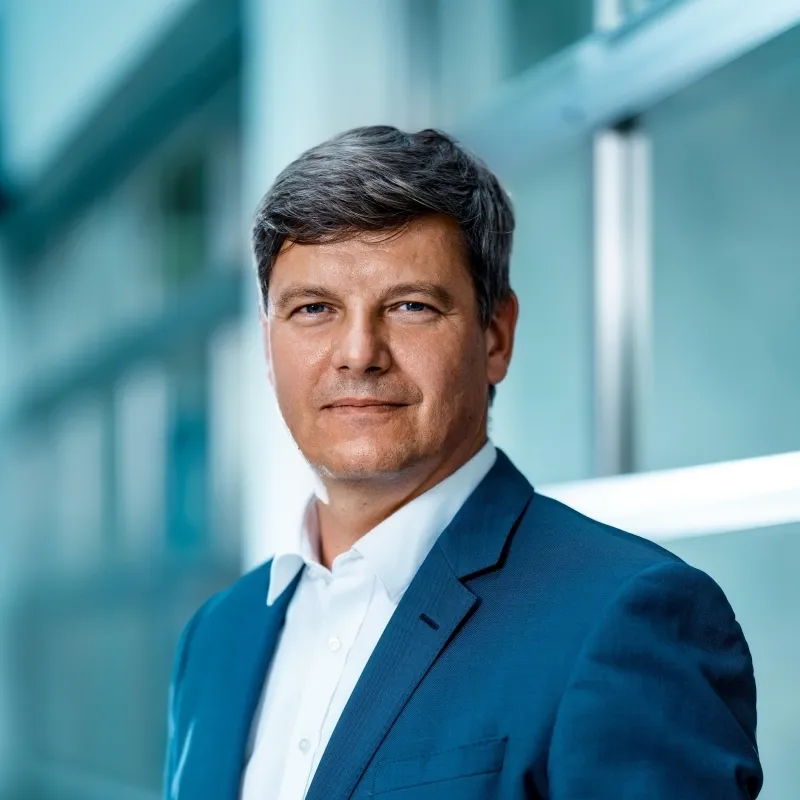
The return of industry to Europe represents an important opportunity for less developed regions. It is a chance to reverse negative trends, such as the depopulation of border regions. Industry can provide attractive job opportunities that have disappeared with deindustrialization. “We are not talking about manual labor. These jobs will disappear within a few years thanks to automation and robotization. I mean positions with higher added value for people with technical education,” explains Lubor Svoboda, co-founder of ARETE, in a January article for the Slovak magazine TREND.sk. Thanks to global trends, investors and real estate funds sense an opportunity that may not be repeated. Moreover, if declining regions damaged by the departure of industry thrive, the whole economy will also benefit. “Our job is to find suitable investment opportunities or sites and land for new development,” Svoboda adds. We unlock for you the full article from TREND.sk, of which we have become an expert partner. https://lnkd.in/ebCQDZkt
Industrial building boom pulled up industrial fund yields
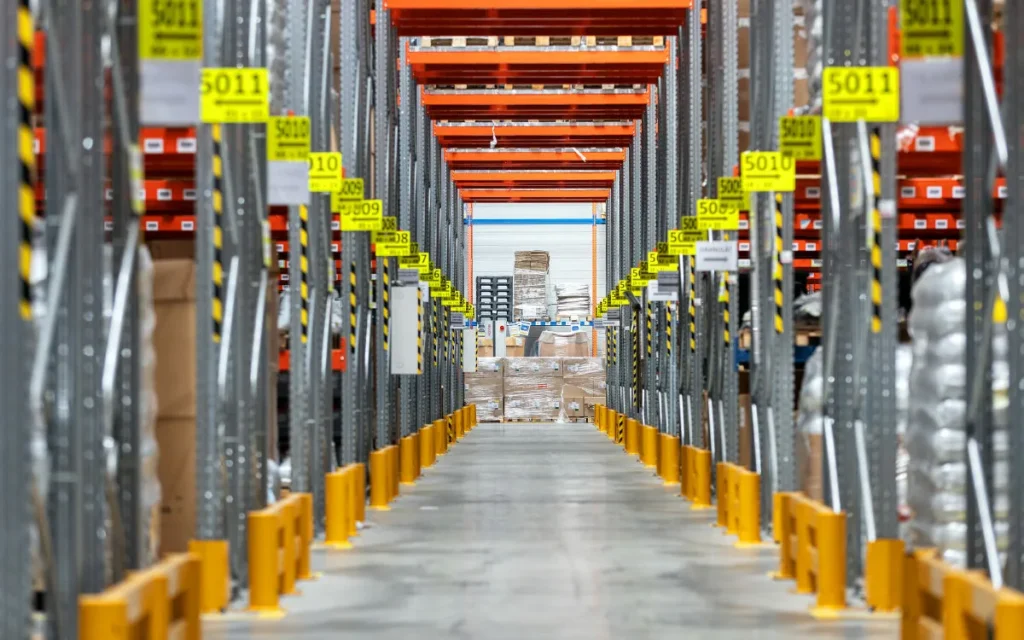
As a result of the pandemic and the war in Ukraine, industrial and logistics real estate is now perceived as a critical infrastructure of the state. In addition, thanks to high demand and low vacancies of around 1%, this segment of the real estate market can maintain its value even in times of crisis. “At the same time, there is a lot of potential for growth. Due to the energy crisis, lessors are forced to look for cost savings and focus on sustainability and energy efficiency in properties. Older industrial parks are being renovated and modernized,” says Lubor Svoboda, co-founder of ARETE. Thanks to their resistance to crises, industrial real estate can thus play a stabilizing role in an investment portfolio and become a suitable complement to shares or bonds. This is why we invest in stable industrial real estate in Central Europe in our ARETE INDUSTRIAL fund. Over the years, we have built up a broad portfolio of premium tenants and industrial properties, which we continue to expand through acquisitions and our own development. Read more in the unlocked text from the Slovak TREND.sk, of which we were an associate partner. https://lnkd.in/e_nyqCTb
Industrial real estate is a new port of call for investors

The pandemic, supply chain crisis, and the war in Ukraine are reflected in the economy in terms of unprecedented inflation, rising debt, and interest rates unseen in the last 10 years. Meanwhile, the industrial real estate segment is reflecting this trend in increased construction costs, labor, and rising transportation and production costs. Nevertheless, demand for new industrial parks, halls, and logistics facilities is still unsatisfied even as both investors and tenants consider their investments and costs more carefully. Current market developments are still opportunities to be seized. “The development of modern technology and automation will be key. Technologically advanced companies need a background of educated and capable employees, who in our case also draw on the historical traditions of our countries. The Czech Republic and Slovakia are attractive locations, we just need to take advantage of this and create favorable and, above all, stable conditions for companies,” explains Robert Ides, co-founder of ARETE, in an interview with TREND.sk. The attached article is the first in a series of texts on alternative investing, of which we have become a partner. https://lnkd.in/ecRbWx_Q
ARETE Group’s third fund completed the construction of a new hall within the ARETE Park Rokycany I industrial park
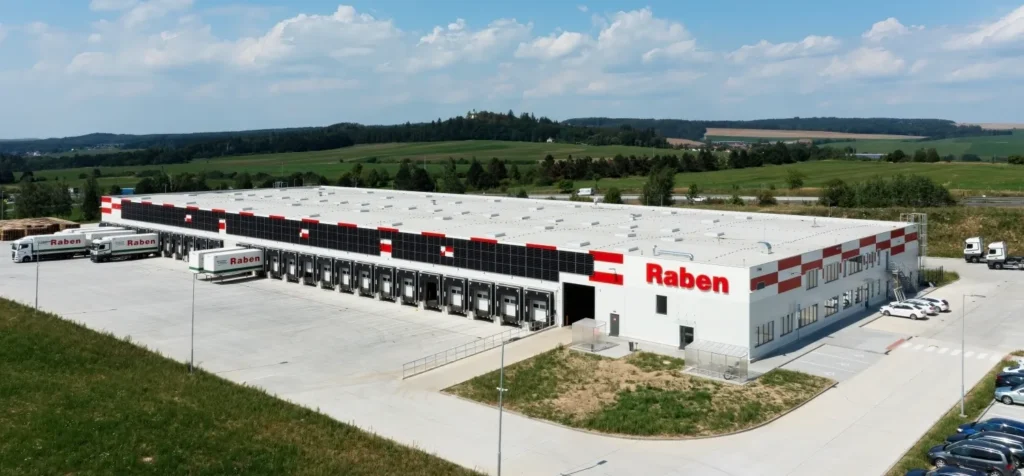
ARETE Group’s third fund completed the construction of a new hall within the ARETE Park Rokycany I industrial park. The long-term tenant of the facility will be Raben Logistics Czech s.r.o., one of the world’s leading players in the logistics market. The total value of the development is 7 million EUR (approximately 165 million CZK). The facility will be occupied by Raben Logistics Czech, a company that has been operating in the Czech market for fifteen years and offers comprehensive and customized logistics services. The new facility, with a leasable area of more than 6,700 m2, boasts technical specifications that meet the highest requirements of environmental certifications. The entire facility is being built with the ARETE Group’s ESG strategy in mind. At the same time, the newly completed warehouse is the first building within the ARETE Industrial portfolio to be completely warmed by heat pumps. “Our fund is strengthening the share of new logistics and warehouse properties in the portfolio. We are pleased that we have managed to complete the construction of a new modern hall. For this, we must thank our development team, who have worked hard and demonstrated their high level of expertise over the last few months. At the same time, ARETE Park Rokycany I is attractively located right next to the D5 highway, which is an important transportation route connecting Prague and Germany. The proximity to the city of Rokycany also means a sufficient pool of skilled workforce. Soon, we will start further construction within this industrial park. When fully completed, the industrial park will offer tenants an area of more than 20,000 square meters,” said Robert Ides, co-founder of the ARETE Group. “As a tenant, we appreciate the high level of expertise demonstrated by the ARETE Group development team in recent months. The vision with which ARETE intends to continue to manage the property and develop the site was a key factor in our decision to build a modern transshipment facility in Rokycany, which will significantly speed up the connection between Central Europe and Germany,” added George King, Lease & Facility Manager at Raben Logistics Czech s.r.o.
Invest In A Shopping Mall From 20 Euros?
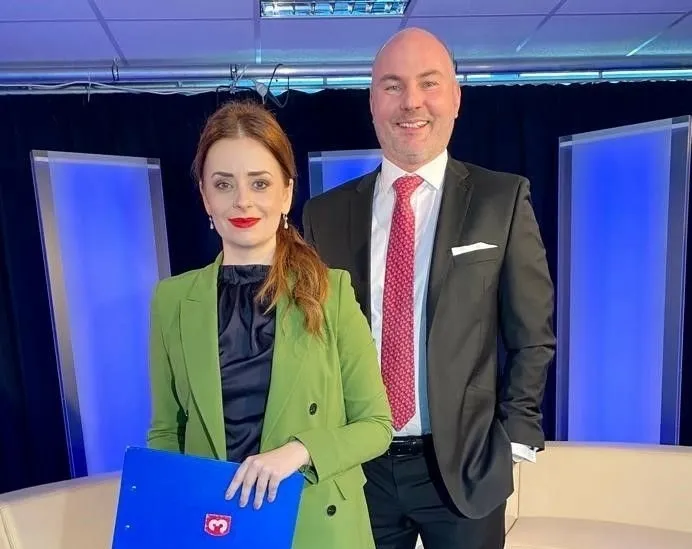
Our colleague Dr. Josef Vojta was a guest of Lenka Buchláková in the programme Ekonomika+ on Televízia TA3. The following topics were discussed: why start investing, basic differences in investing in an investment apartment and an investment fund, what to pay attention to when choosing an investment fund, investing in real estate versus investing in shares. You can watch the full session here: https://www.ta3.com/relacia/27628/investovat-do-nakupneho-centra-od-20-eur


